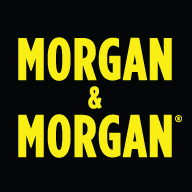💊Endo International PLC and its lenders will pay $450 million as part of a nationwide opioid settlement.
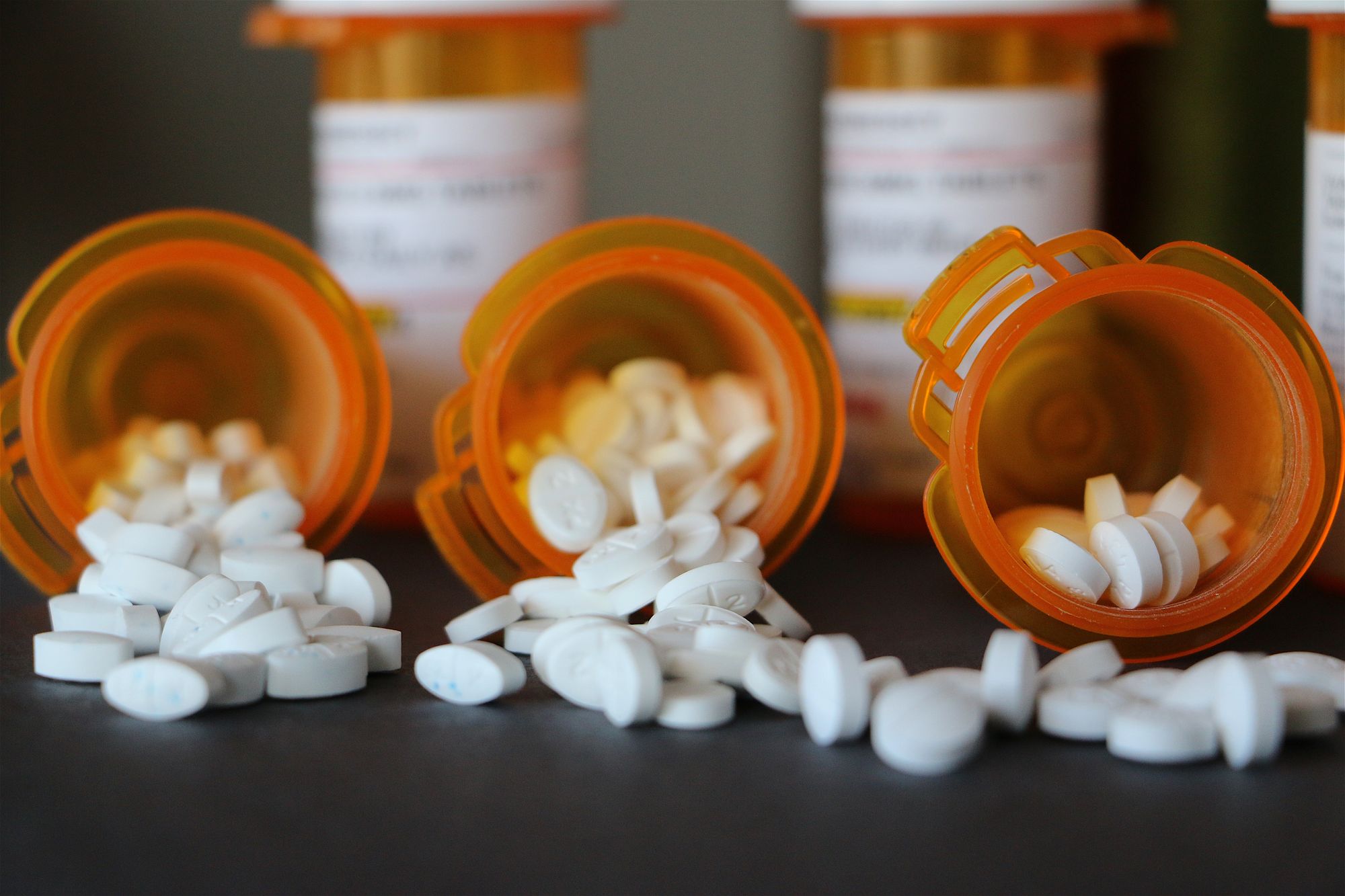
"While no amount of money could make whole the people who are grieving their loved ones and people who have lost years of their lives to addiction, these funds will help more people get the help they need to stay alive and stay in recovery," Attorney General Stein
Endo had already reached individual settlements with a handful of other state and local governments before it filed for bankruptcy but still faces about 3,100 lawsuits from state and local governments, private healthcare providers, and individuals.
Endo makes generic and branded opioids, including Percocet and Endocet, and also made Opana ER, which was withdrawn from the market in 2017.
The opioid epidemic in the United States has been one of the most devastating public health crises in recent memory. More than 50,000 Americans died from opioid overdoses in 2017, more than double the number of drug overdose deaths just a decade earlier.
An estimated 40% of opioid overdose deaths involved a prescription opioid.
Endo International filed for bankruptcy on Tuesday after reaching a $6 billion deal with some of its creditors, as the U.S. drugmaker seeks to settle thousands of lawsuits over its alleged role in the country's opioid epidemic.
Creditors will also establish voluntary trusts with $550 million to be funded over 10 years to settle the opioid claims, the company said.
The pharmaceutical company is the latest to file for Chapter 11 to address opioid claims. Purdue Pharma, the maker of OxyContin, filed in September 2019.
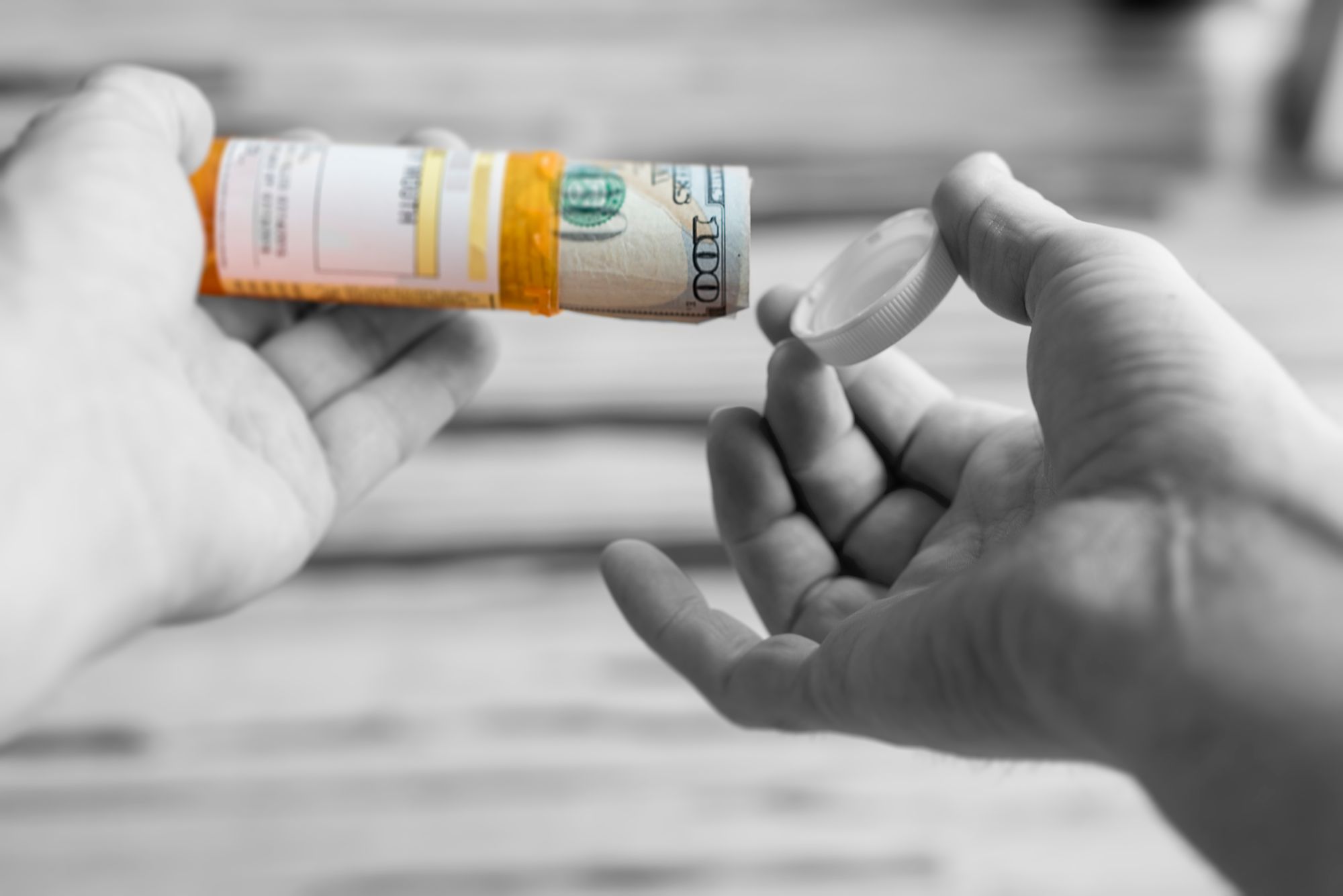
Teva, another pharmaceutical company reached a tentative $4.25 Billion Settlement over opioids. The deal would end thousands of lawsuits against one of the largest producers of opioid painkillers during the height of the opioid epidemic
We'll also explore the implications of this deal and what it could mean for the future of the opioid epidemic.
Teva, one of the country’s biggest manufacturers of generic opioids, announced a settlement in principle with some 2,500 local governments, states, and tribes over the company’s role in the deadly, ongoing opioid epidemic.
Teva, a less known Israeli company, and its subsidiaries produced far more prescription opioids during the peak years of the crisis than brand-name opioid manufacturers such as Johnson & Johnson. Teva's production of both generic and branded painkillers was marginal to the output of Purdue Pharma, the maker of OxyContin, the drug immediately associated with setting off a flood of overdoses and deaths.
And while the worst may be over, the effects will be felt for years to come. This is especially true for the families of those who have been lost to addiction or still suffering from it.
The opioid epidemic has left a devastating impact on communities across the country. According to the CDC, more than 115 people in the United States die daily from an opioid overdose.

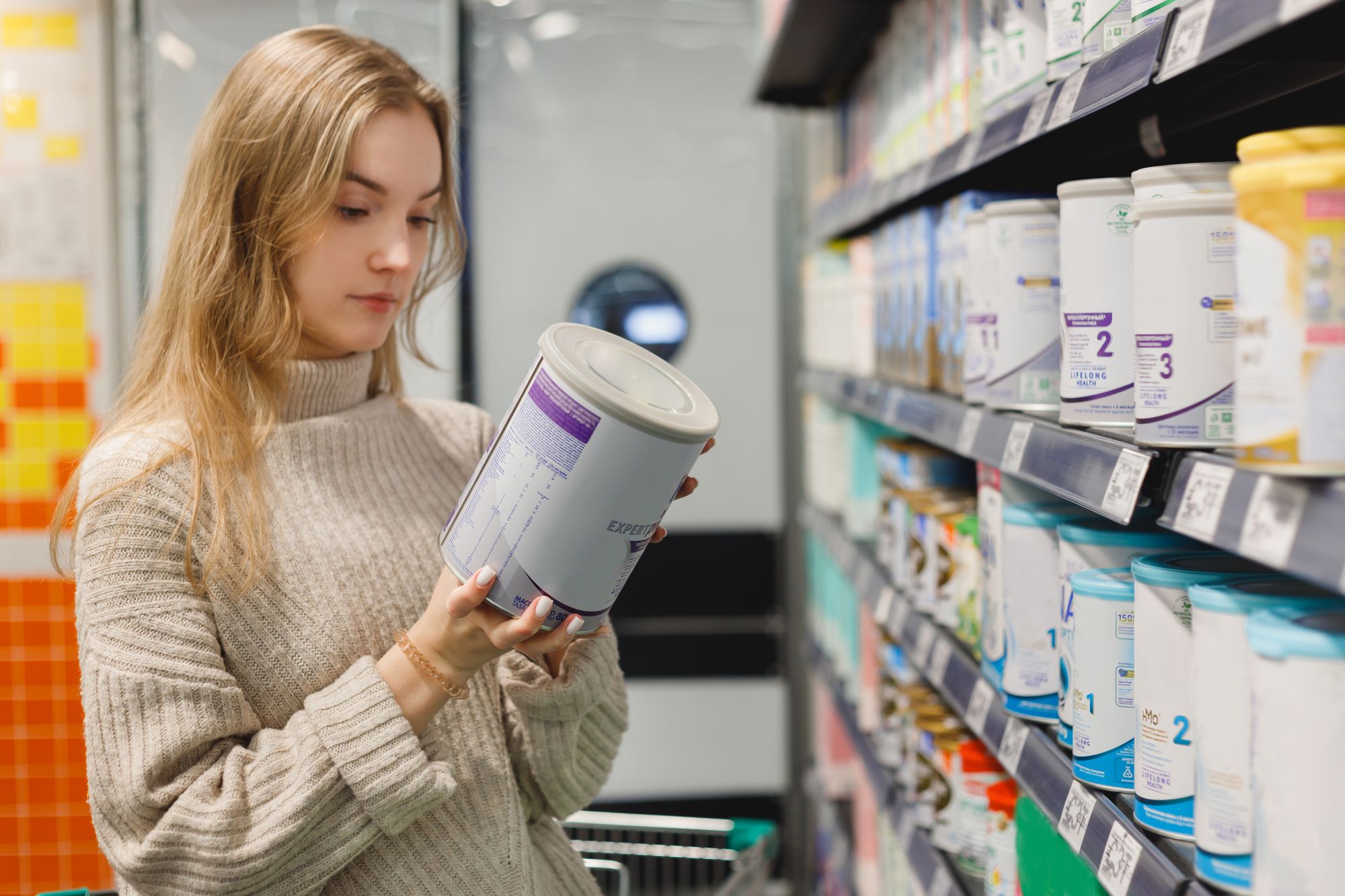

Disclaimer: Some information on this site may be considered attorney advertising under your state’s laws and ethical rules. This legal news site and its content is for general information only and is not legal advice. Information on this site may be incomplete or out-of-date.
No attorney-client relationship is created between you and any attorney who publishes content or online forms on this site. Hiring a lawyer is an important decision that should not be based solely on advertisements.
